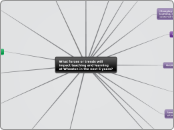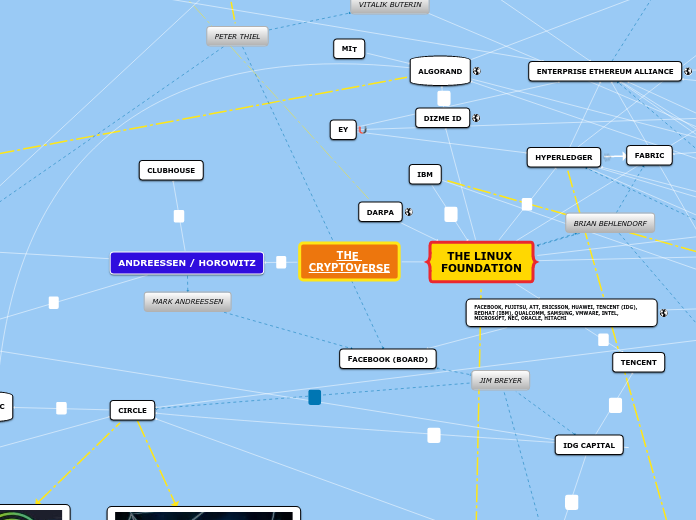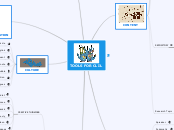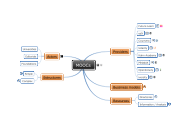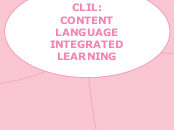realizată de Wheaton Workshop 12 ani în urmă
429
Scenario Planning
In the coming years, teaching and learning at Wheaton will undergo significant transformations driven by evolving educational practices and technological advancements. The pedagogical shift towards project-based, collaborative, and student-centered learning will redefine the role of teachers from traditional lecturers to facilitators and guides.
